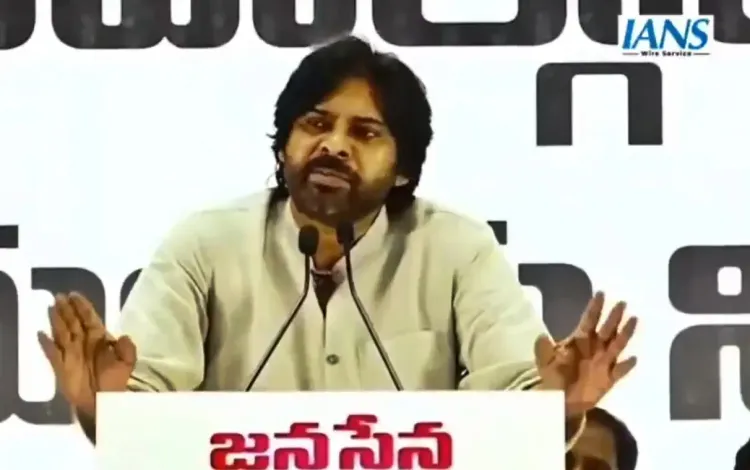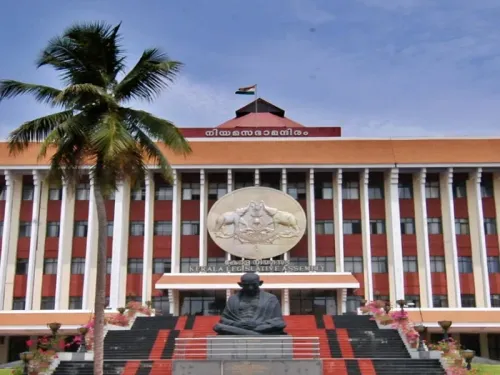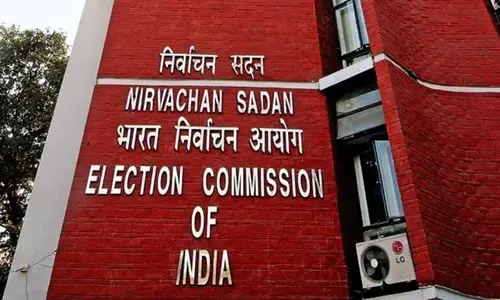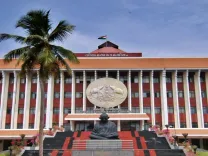Is the Congress Party's 'Gayab' Post a Threat to PM Modi?

Synopsis
Key Takeaways
- Pawan Kalyan calls for legal action against Congress.
- The post is seen as a threat to PM Modi.
- Political rhetoric can have serious implications.
- The BJP responds strongly to Congress's actions.
- National pride and security remain central themes.
Amaravati, April 29 (NationPress) The Deputy Chief Minister of Andhra Pradesh, Pawan Kalyan, has urged for legal action concerning the Congress party's 'Gayab (Missing)' post, deeming it a direct threat to Prime Minister Narendra Modi.
"This is a terrorist, jihadi slogan. Do you want to use it against the Prime Minister?" he questioned, responding to the Congress party's controversial post that criticizes the Prime Minister for being absent during critical times.
“Such behavior is a significant humiliation and poses a threat to Prime Minister Modi. We must take action against this," he stated while showing the post on his phone.
Reporters were inquiring about Kalyan's thoughts on the post, which has sparked considerable controversy.
The Congress party's official social media account featured an image without a face, showcasing a bandhgala kurta, churidar pyjama, and black shoes.
The Bharatiya Janata Party (BJP) criticized the Congress party for the post, claiming it evokes decapitation imagery. Spokesman Shehzad Poonawalla accused Congress of adopting the rhetoric of terrorists.
BJP leader Amit Malviya referred to it as a dog whistle aimed at the party's Muslim vote bank and suggested it incites violence against the Prime Minister. He further accused Rahul Gandhi of encouraging aggression towards the Prime Minister, stating, "Despite his attempts, the Congress will not prevail because the Prime Minister has the support of millions of Indians."
Pawan Kalyan also responded to remarks made by Bilawal Bhutto-Zardari, Chairman of the Pakistan People’s Party (PPP), who threatened that blood would flow in the Indus River if India halted water supplies.
The Deputy Chief Minister reminded Pakistani officials of their past defeats in three wars. "We should remind them of the 90,000 soldiers and the respect they received. If they provoke us, every Indian will rise to defend our nation. Any responsible leader should refrain from making such statements," Kalyan concluded.









